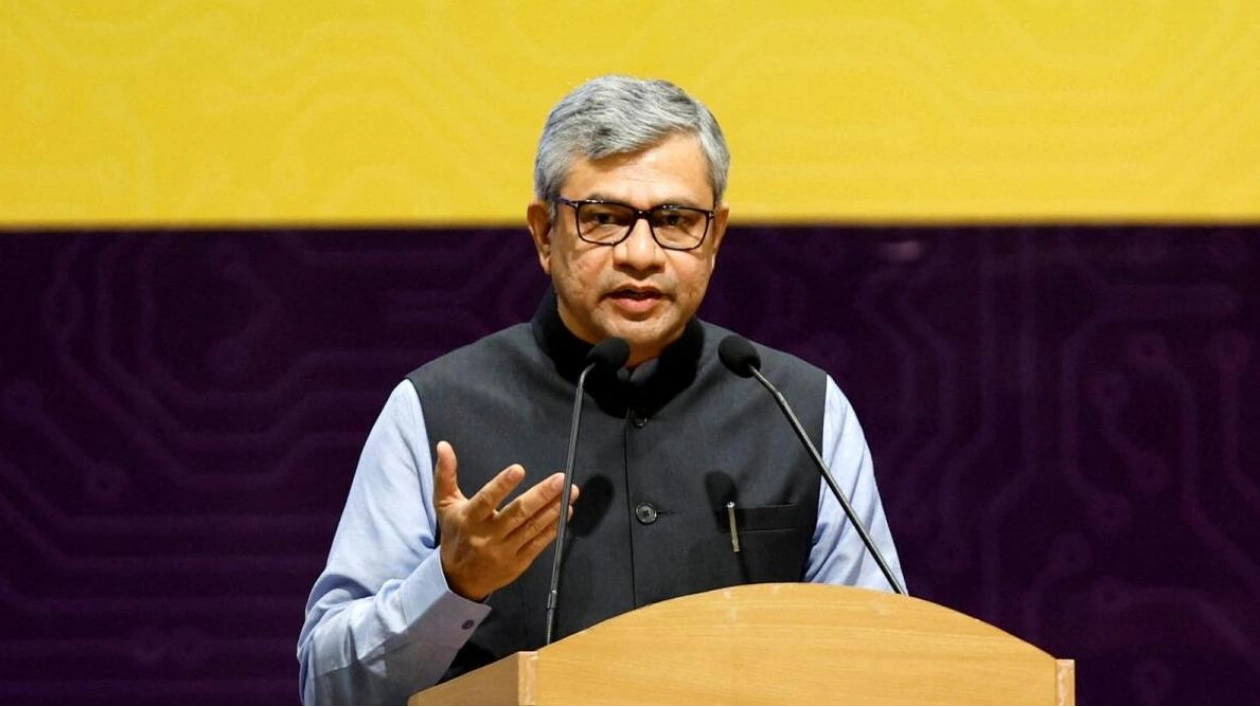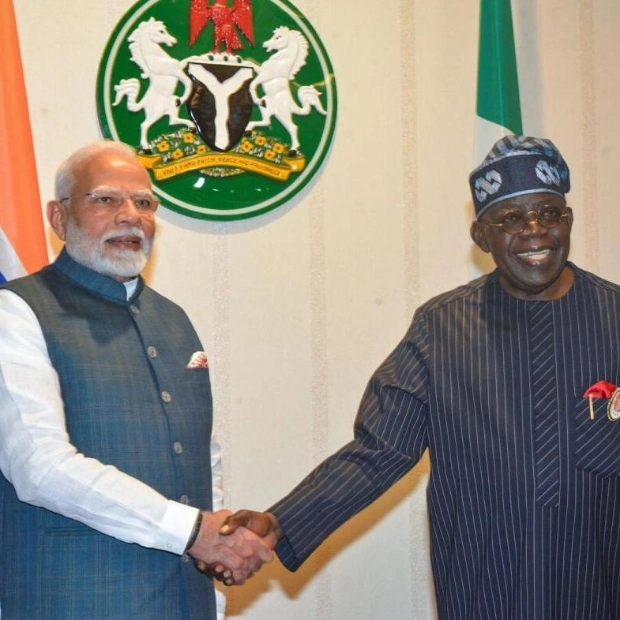India's cabinet has endorsed a proposal to conduct simultaneous elections for state assemblies and the national parliament, according to the information minister, who announced this on Wednesday. This initiative, championed by Prime Minister Narendra Modi, aims to enhance governance. In March, a government-appointed panel suggested that simultaneous elections in the world's most populous nation could boost transparency, although the proposal faces significant opposition and requires parliamentary approval. Minister Ashwini Vaishnaw asserted that simultaneous elections would fortify democracy, noting that a substantial portion of India's youth supports the plan. He added that the government will seek consensus and thoroughly examine all legal implications before proceeding. Simultaneous elections were once customary in India, but this practice was disrupted decades ago, leading to the current staggered system where, on average, five or six state polls are held either concurrently or separately each year. Modi and his administration argue that frequent election campaigns divert politicians from governance, inflate election costs, and halt the introduction of new policies and programs due to election codes. They have been advocating for the 'One Nation, One Election' plan. The nine-member panel, appointed by Modi's government last year, also found that real GDP growth was higher during periods of simultaneous polls compared to times when they were not. Critics, including some prominent opposition parties, argue that this proposal undermines India's federal political structure.

Text: Lara Palmer
18.09.2024
Move by PM Modi aims to improve governance; faces opposition and requires parliamentary approval.





